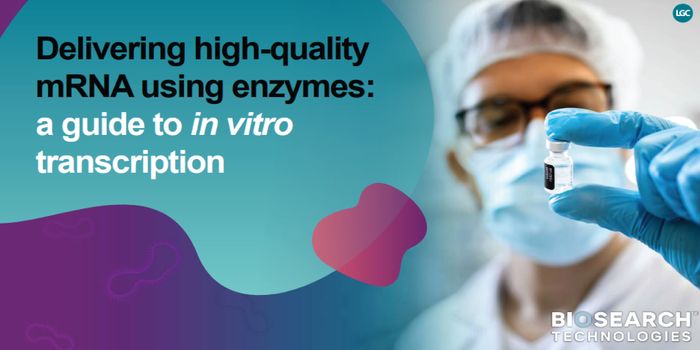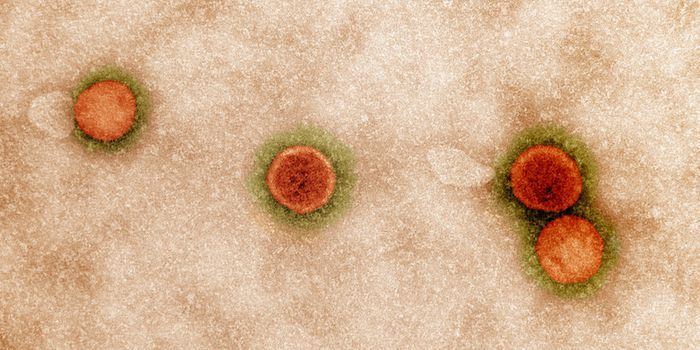Fast-Acting Drug For Depression
Many individuals going through depression gain little benefit from treatments whether drugs or talk therapy. Depression represents one of the greatest unmet needs in psychiatry. Now, the Food and Drug Administration (FDA) approved a fast-acting prescription antidepressant: a nasal spray version of the widely used anesthetic drug ketamine.

A colored positron emission tomography scan of the brain of a depressed person, highlighting regions (in red) where blood flow and metabolic activity are unusually low. CreditWDCN/Univ. College London, via Science Source.
“Thank goodness we now have something with a different mechanism of action than previous antidepressants,” said Dr. Erick Turner, a former F.D.A. reviewer and an associate professor of psychiatry at Oregon Health & Science University. “But I’m skeptical of the hype, because in this world it’s like Lucy holding the football for Charlie Brown: Each time we get our hopes up, the football gets pulled away.”
The newly approved fast-acting drug, now called esketamine, will bring on a shift from the Prozac era of antidepressant drugs. The spray was developed by Janssen Pharmaceuticals Inc., a branch of Johnson & Johnson, and will be marketed under the name Spravato.
“These are exciting times, for sure,” said Dr. Todd Gould, an associate professor of psychiatry in the University of Maryland School of Medicine. “We have drugs that work rapidly to treat a very severe illness.”
Spravato (esketamine) “works in a different way than traditional antidepressants,” with results in a matter of hours.
Credit: Janssen Pharmaceuticals, Inc.
Esketamine provides renewed hope in treating serious mood problems. Current drug treatments, like Prozac and similar drugs, work to enhance the activity of brain chemical like messengers like serotonin—however, these drugs take weeks or even months for their effects to be felt.
“We’ve had nothing new in 30 years,” said Steven Hollon, a professor of psychiatry and behavior sciences at Vanderbilt University. “So if this drug is an effective way to get a more rapid response in people who are treatment resistant, and we can use it safely, then it could be a godsend.”
Learn more:
Source: NY Times









